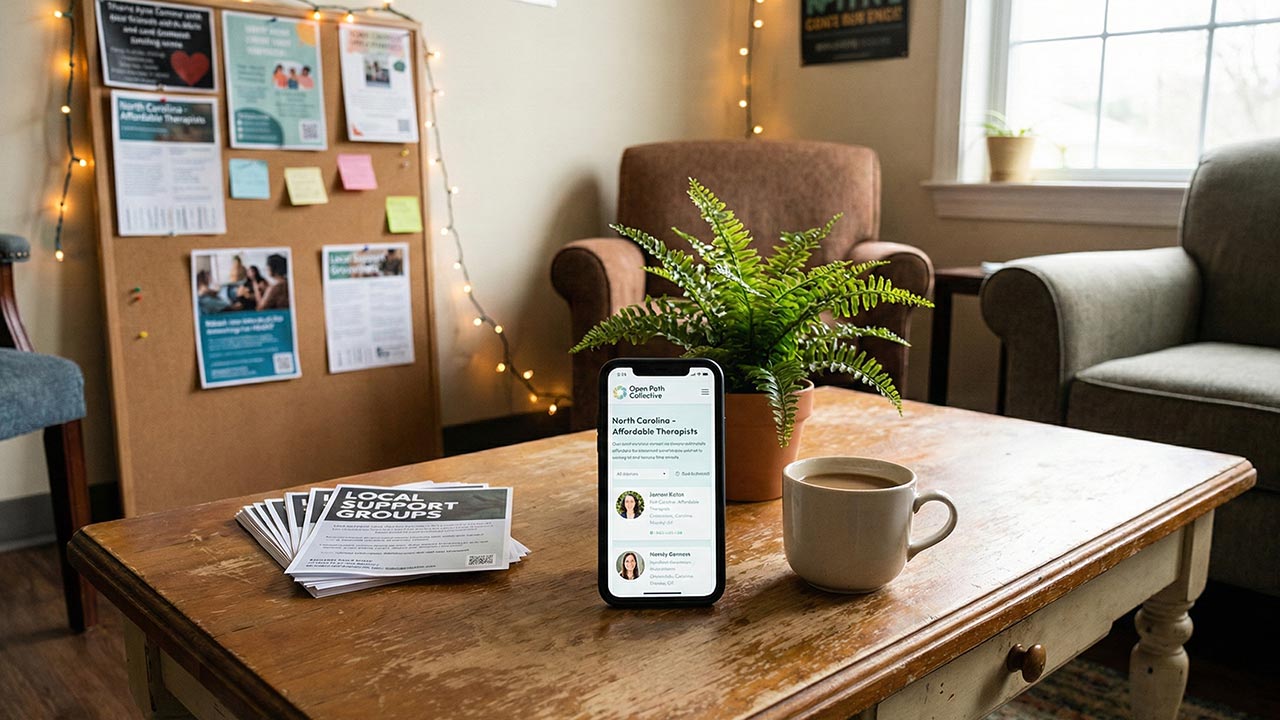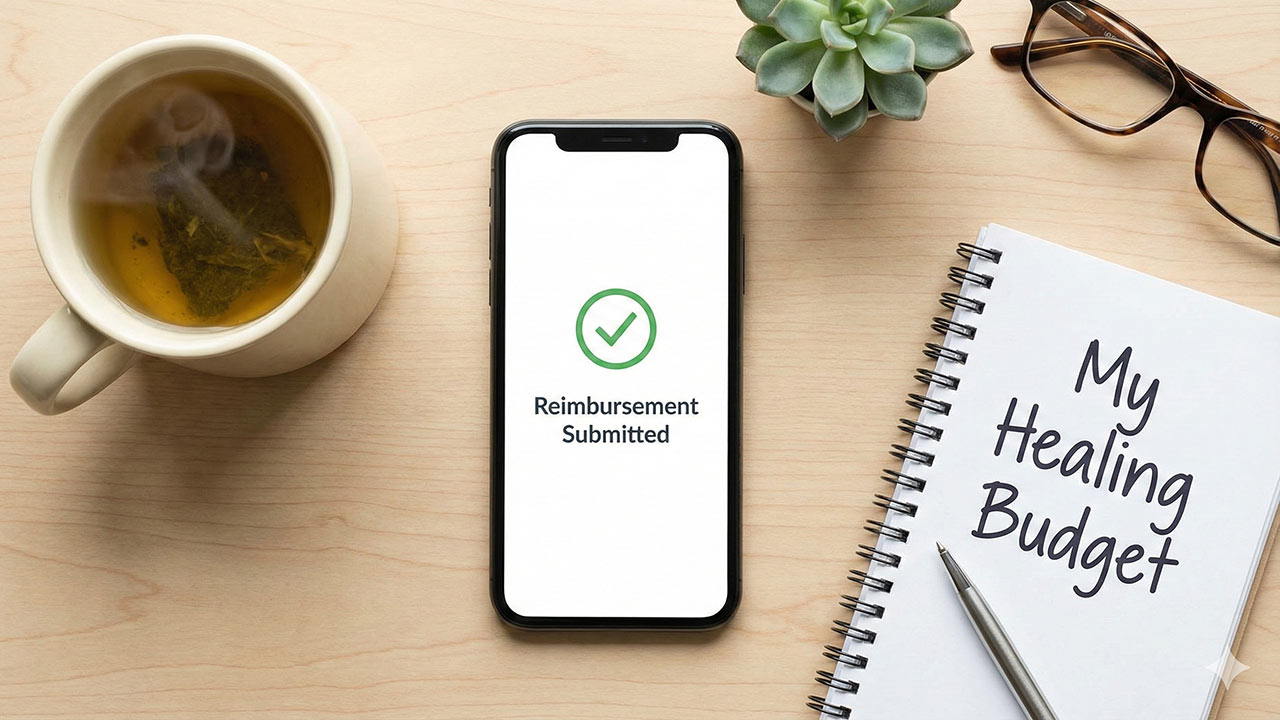In the ever-evolving landscape of mental health awareness, it’s imperative to recognize and address the unique challenges faced by different communities. Among these, the BIPOC (Black, Indigenous, and People of Color) community often confronts systemic barriers and cultural stigmas that impact their access to and treatment of mental health issues. Despite increasing efforts to destigmatize mental health challenges, disparities persist, making it crucial to foster targeted support and awareness initiatives.
This blog delves into the nuanced intersection of mental health and the BIPOC community, exploring the cultural, historical, and socio-economic factors influencing mental health perceptions and outcomes. By understanding these complexities, we can better advocate for inclusive and equitable mental health resources and support systems. Let’s embark on a journey to dismantle barriers and cultivate a more supportive environment for BIPOC individuals navigating the intricate landscape of mental well-being.
Addressing Trauma and Healing in the BIPOC Community
Trauma, both historical and contemporary, has deeply impacted the mental health of individuals within the BIPOC (Black, Indigenous, and People of Color) community. From the enduring effects of colonization and slavery to ongoing experiences of discrimination and systemic racism, BIPOC individuals often carry burdens of intergenerational trauma that manifest in various mental health challenges. Addressing trauma and facilitating healing processes within these communities requires a nuanced understanding of cultural context, historical context, and the intersectionality of identities.

Understanding Historical Trauma
Historical trauma refers to the cumulative emotional and psychological wounds experienced by a group or community as a result of significant historical events. For BIPOC communities, this includes the legacy of colonization, genocide, slavery, forced assimilation, and displacement. These traumatic events have far-reaching consequences that reverberate across generations, shaping collective memories, cultural practices, and social dynamics.
Intersecting Identities and Trauma
It’s essential to recognize the intersectionality of identities within the BIPOC community and how they intersect with experiences of trauma. Factors such as race, ethnicity, gender, sexuality, socio-economic status, and immigration status can compound trauma and influence how individuals perceive and respond to their experiences. For example, BIPOC LGBTQ+ individuals may face unique challenges related to both racial and sexual orientation discrimination, exacerbating their vulnerability to trauma.
Trauma-Informed Approaches to Healing
Addressing trauma requires a holistic and trauma-informed approach that acknowledges the complex interplay of historical, cultural, and individual factors. Trauma-informed care emphasizes safety, trustworthiness, collaboration, empowerment, and cultural competence in supporting individuals through their healing journey. Within the BIPOC community, this may involve integrating culturally relevant healing practices, storytelling, art therapy, traditional ceremonies, and community-based support networks.
Empowering Resilience and Collective Healing
Resilience is inherent within BIPOC communities, rooted in centuries of resistance, survival, and cultural strength. Fostering resilience involves validating individuals’ experiences, reclaiming cultural identity, and providing spaces for collective healing and solidarity. Community-based initiatives and grassroots organizations play a vital role in creating safe and supportive environments where individuals can share their stories, access resources, and build networks of mutual support.
Advocating for Trauma-Informed Policies and Services
Advocacy efforts are essential in ensuring that trauma-informed approaches are integrated into mental health policies, programs, and services. This includes advocating for culturally competent mental health care providers, trauma-informed training for professionals, increased funding for community-based organizations, and policies that address the root causes of trauma, such as systemic racism and social inequities.
Barriers to Accessing Mental Health Services in the BIPOC Community
Accessing mental health services is a fundamental aspect of maintaining well-being and addressing psychological challenges. However, for many individuals within the Black, Indigenous, and People of Color (BIPOC) community, numerous barriers prevent them from seeking and receiving the support they need. These barriers range from systemic inequalities to cultural and socioeconomic factors, creating significant disparities in mental health outcomes. In this article, we will explore some of the primary barriers that hinder BIPOC individuals from accessing mental health services and discuss potential solutions to address these disparities.

- Systemic Inequities: Structural inequalities in healthcare systems disproportionately impact BIPOC communities. Historical injustices, such as systemic racism and discrimination, have led to disparities in access to quality healthcare, including mental health services. BIPOC individuals often face barriers in terms of insurance coverage, availability of culturally competent providers, and equitable distribution of resources.
- Stigma and Cultural Taboos: Cultural stigma surrounding mental health remains prevalent within many BIPOC communities. Mental illness is often viewed as a sign of weakness or a personal failing, leading to feelings of shame and reluctance to seek help. Additionally, cultural beliefs and practices may influence perceptions of mental health, making it challenging for individuals to recognize or acknowledge their symptoms.
- Language and Communication Barriers: Language barriers can pose significant obstacles to accessing mental health services for non-English-speaking BIPOC individuals. Limited proficiency in English may result in difficulties communicating with healthcare providers, understanding treatment options, or accessing informational resources. As a result, many individuals may forego seeking help altogether due to these communication challenges.
- Financial Constraints: Economic disparities play a significant role in limiting access to mental health services for BIPOC individuals. Many members of these communities face financial barriers, such as lack of insurance coverage, high out-of-pocket costs, or inability to afford transportation to appointments. Without adequate financial resources, accessing mental health care becomes a daunting and often unattainable endeavor.
- Lack of Culturally Competent Care: Cultural competence is essential in providing effective mental health care to diverse populations. However, many mental health professionals lack training or understanding of the cultural nuances and experiences of BIPOC communities. Without culturally competent care, individuals may feel misunderstood or marginalized, further deterring them from seeking help.
- Geographical Barriers: In rural or underserved areas, access to mental health services may be limited, particularly for BIPOC individuals. Fewer mental health providers, long wait times for appointments, and inadequate transportation infrastructure can make it challenging for individuals in these communities to access care. This geographical disparity exacerbates existing barriers to mental health services.
Conclusion
Resilient Mind Counseling PLLC, we are deeply committed to supporting the BIPOC community in Asheville and beyond in their mental health journey. Through our dedicated efforts and compassionate approach, we strive to raise awareness, provide culturally sensitive therapy, and foster resilience within the BIPOC community. Our goal is to create a safe and inclusive space where individuals can explore their mental health concerns with confidence and receive the support they need to thrive. With our ongoing commitment, we aim to continue empowering individuals to prioritize their mental well-being and break down barriers to access mental health services.














